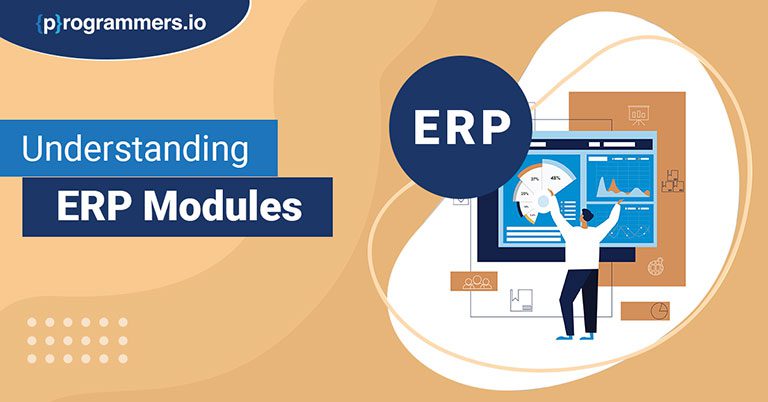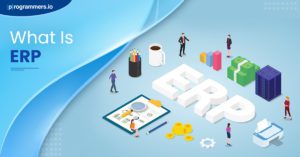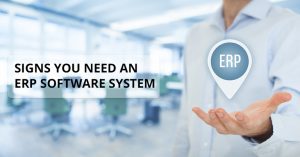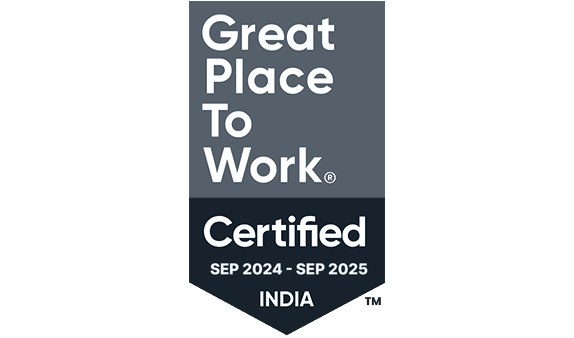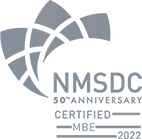Understanding ERP Modules
ERP modules enable companies to streamline their processes, including financials, sales, customer service, and operations. Companies can use ERP solutions to automate tasks such as inventory tracking and management, order fulfillment and shipping, forecasting and budgeting, accounts payable/receivable management, human resources management (HRM), payroll processing, and analytics. Additionally, many ERP systems provide customizable dashboards that offer real-time visibility into the performance of the organization’s activities across multiple departments.
The most common ERP modules include financials/accounting; sales & customer service; CRM; supply chain management; manufacturing/operations; human resources (HR); project/product lifecycle management (PLM); data warehousing and business intelligence; e-commerce; and analytics.
The financials/accounting module is designed to help businesses with their budgeting, forecasting, accounts receivable/payable management, cash flow analysis, taxes, payroll processing, and more. The sales & customer service module enables companies to track and manage customer interactions, including inquiries, orders, and returns. The CRM (customer relationship management) module allows organizations to better manage customer relationships by tracking information about customers’ activities and preferences.
The supply chain management module helps companies maintain accurate records of inventory levels and ensure timely deliveries from suppliers. Manufacturing/operations modules enable firms to automate processes such as production scheduling and quality control while improving overall efficiency. HR modules give companies the ability to manage employee data, payroll processing, and other HR-related tasks.
Project/product lifecycle management modules provide organizations with a framework for managing their product development process from planning through to design and manufacturing. Data warehousing and business intelligence modules allow companies to store large amounts of data in an organized manner, while also providing tools for analyzing this data. E-commerce modules enable businesses to sell their products or services online. Finally, analytics modules provide powerful data analysis capabilities that can be used to gain insights about customers, operations, and more.
By utilizing these ERP modules in combination with each other, businesses can increase efficiency by reducing manual processes and duplication of effort across departments; improve decision-making by gaining real-time visibility into their activities; gain insights from data to make better decisions, and increase customer satisfaction by providing better service. With the right ERP solution in place, companies can maximize their resources and optimize their operations for long-term success.
Therefore, it is important for businesses of all sizes to understand the capabilities of each ERP module and how they could benefit their organization. By understanding these components, organizations can select the best ERP solution to meet their specific needs and improve overall efficiency. Through this process, companies can gain access to powerful tools that will help them successfully manage daily operations while also enabling them to achieve long-term growth.
How Do ERP Modules Help Business Growth?
ERP modules help businesses grow in a variety of ways. First, they provide integrated software to manage enterprise resources such as finance, supply chain, inventory, and customer relationship management (CRM). This allows companies to efficiently use their resources while reducing costs associated with managing multiple systems.
Second, ERP modules enable centralized access and control of company data across departments. This eliminates the need for manual data entry into different systems, resulting in faster decision-making. By having real-time visibility into operational performance and financials, managers can quickly identify opportunities for improvement or growth strategies.
Finally, ERP modules provide an efficient platform for customer service and support activities. Companies are able to track customer orders from production to delivery, helping them to keep customers satisfied. Additionally, ERP modules provide tools for forecasting customer demand and analyzing trends, so organizations can adjust their operations accordingly.
Overall, ERP modules provide businesses with the tools they need to effectively manage their resources and make informed decisions about growth. By streamlining processes, reducing costs, and providing visibility into operational performance, ERP software can be a powerful asset when it comes to strengthening business performance and achieving success in today’s competitive marketplace.
How to Choose the Right ERP Module for Your Business?
When choosing the right ERP module for your business, there are several important factors to consider. First and foremost, you need to identify the specific needs of your business and determine which ERP modules have the capabilities necessary to address them. You should also consider the scalability of the chosen solution – can it grow with your business?
Additionally, look at the pricing structure and whether or not it fits into your budget. Finally, you should research user ratings and reviews from other businesses that have implemented similar solutions in order to ensure that you’re making a wise investment. With careful consideration of all these factors, you can confidently choose an ERP module that meets all of your business requirements.
Once you’ve made your decision, you’ll want to ensure that you properly implement the chosen ERP module. This includes thoroughly training all necessary personnel on how to use the system and ensuring that the data is entered correctly. Additionally, make sure that your ERP module is integrated with any other existing systems your business may have in order to maximize efficiency and accuracy.
By following these steps, you can be confident that you’ve chosen an ERP module that will best meet the needs of your business and serve as a valuable tool for many years to come. With careful consideration of your requirements, budget, and user ratings, you can easily find a suitable solution for your organization and reap the benefits of having an effective enterprise resource planning system in place.
Conclusion
ERP modules are essential components of enterprise resource planning systems. They enable companies to improve their operational efficiency, reduce costs, and increase profits. Each module provides certain business functions that help to streamline operations and create a unified system for managing data across the organization.
These modules can range from financial management, human resources management, inventory control, manufacturing control, customer relationship management, and reporting capabilities. By investing in an ERP system with these modules integrated into one single platform, businesses can better manage their resources and optimize operations to achieve long-term success. Investing in an ERP development experts is often a major undertaking but it can lead to significant improvements in productivity and profitability.
